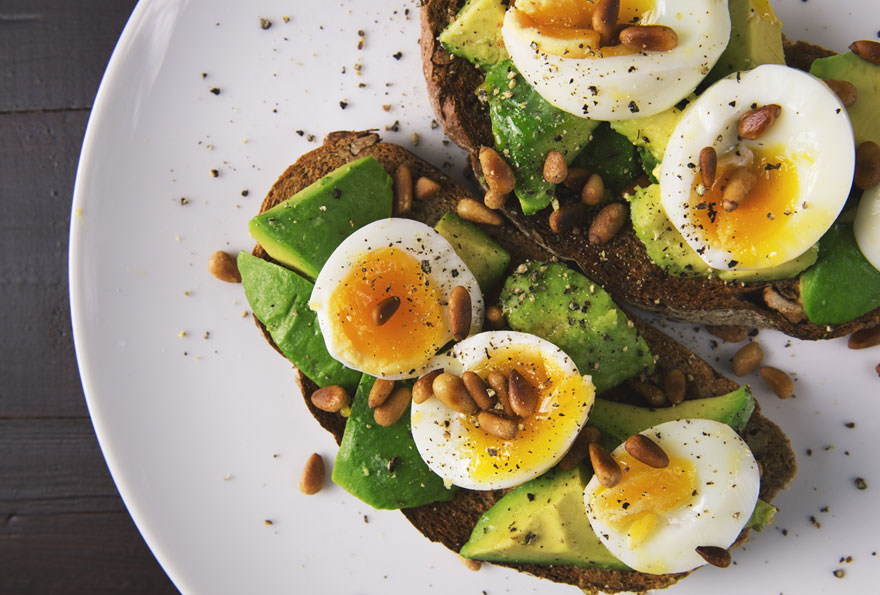The concept of “food is medicine” has been linked with fewer visits to the emergency room as more individuals received nutrition support from federal programs such as the Supplemental Nutrition Assistance Program (SNAP). Among individuals with substance use disorder, research has shown time and time again the prevalence of malnutrition among those who undergo alcohol and drug rehabilitation treatment, which can be traced back to food insecurity, defined as “the state of being without reliable access to a sufficient quantity of affordable, nutritious food.” Food insecurity among drug users could be attributed to suppressed appetites and toxic effects of drugs and alcohol, which deplete the human body of nutrients and vitamins. Studies have shown that food insecurity increases the odds of sharing and reusing injection equipment, needles, and water.
It’s no mystery that a healthy diet is an important part of our daily routine, but for those who are recovering from substance abuse, nutrition is especially important because drug use significantly harms the body’s immune system, making users more susceptible to infections like the common cold. To effectively address food insecurity in individuals with substance use disorder, dual diagnosis treatment centers usually incorporate nutritional counseling as part of their client-centered treatment plans.
Aside from sticking to a nutritional regimen recommended by a registered dietitian nutritionist, it’s helpful to know which foods would help you fight infections when you’re coming down with something. Instead of buying a bottle of vitamins, why not go straight to the source? We compiled a brief list of foods associated with their health benefits in fighting infections, relieving pain and improving overall appearance:
• Blueberries – fights urinary tract infections (UTIs), improves cognition, delays dementia
• Garlic – fights colds and flues; relieves toothaches
• Turmeric – colds, flus, wounds, diarrhea, stomach ulcers, irritable bowel syndrome (IBS), skin inflammation, symptoms of arthritis and heartburn, stomach bloating, fatigue
• Onions – pain, inflammation, colds and flus; reduces high blood pressure
• Horseradish – sciatic nerve pain, urinary tract infections (UTIs), bronchitis
• Apples, oranges, pineapples – skin repair, colds and flus
• Cinnamon – yeast infections, repair tissue damage, lowers risk of disease
• Apple-cider vinegar – sore throat, weight loss, fights diabetes
• Ginger – joint and muscle pain, nausea, upset stomach, headaches
• Eucalyptus – coughs, bronchitis, rheumatism, pain relief
Nutritional Counseling in Dual Diagnosis Treatment
Nutrition therapy is part of a holistic therapy program integrated with evidence-based clinical practices in substance abuse treatment. As nutrition education gains traction in the area of substance abuse research, nutritional counseling is being incorporated in dual diagnosis treatment centers where a multidisciplinary team of licensed addiction professionals, nutrition therapists and other clinicians work together to help people recover from drug and alcohol addiction. While in a treatment program, clients learn about nutritional deficits and develop better eating habits as they meet their nutritional goals. Nutrition therapy is offered at New Method Wellness, a premier dual diagnosis treatment center handpicked by Dr. Phil.
Call 866.951.1824 to learn more about nutrition therapy and dual diagnosis treatment!







